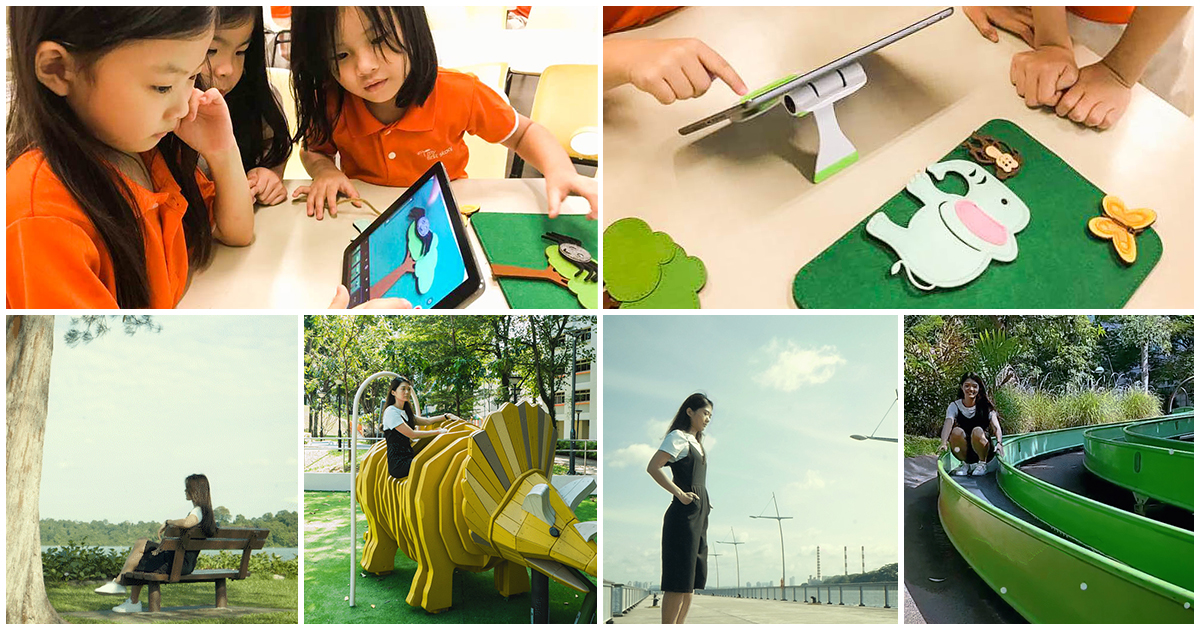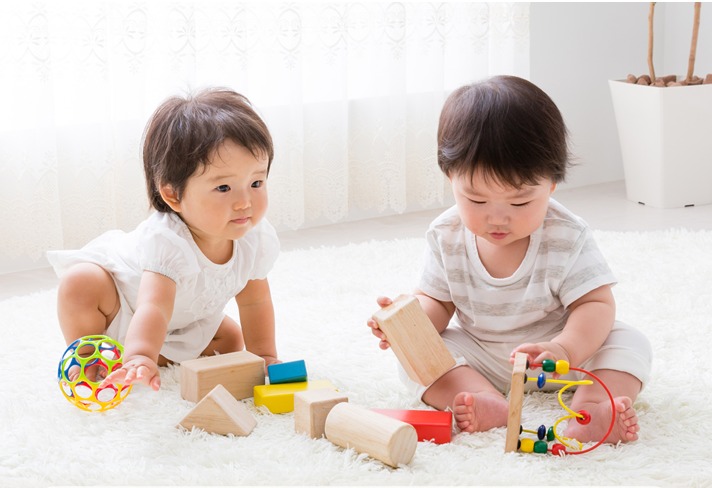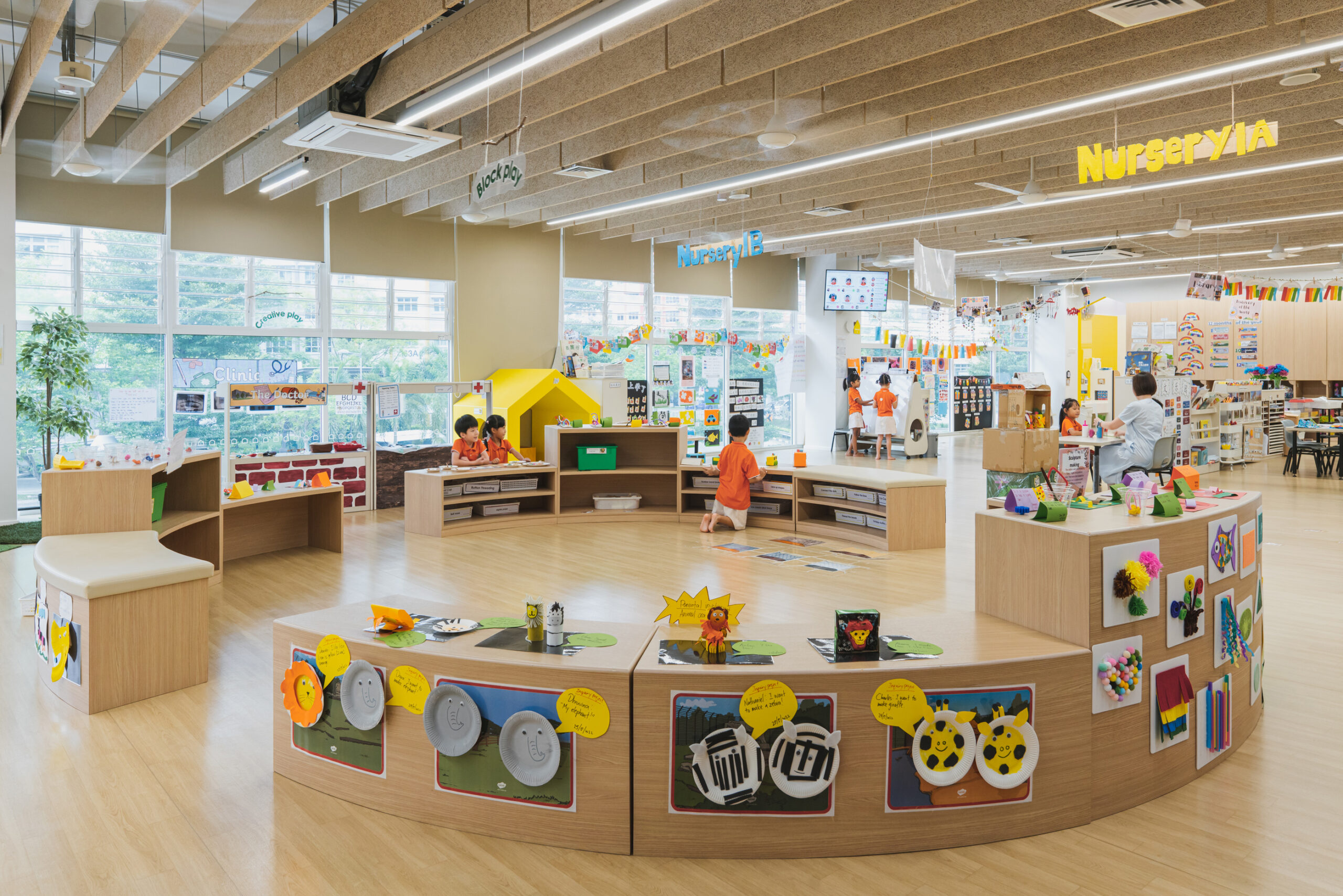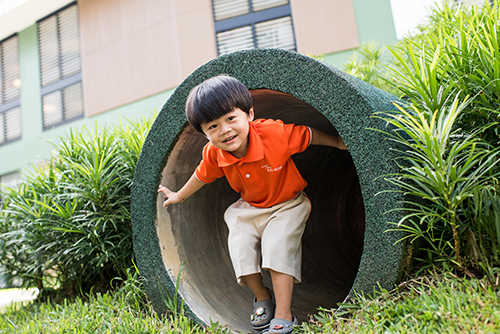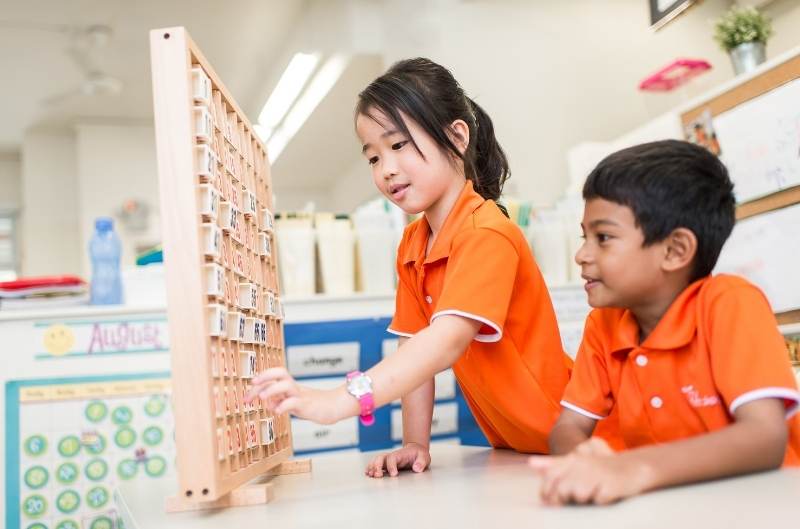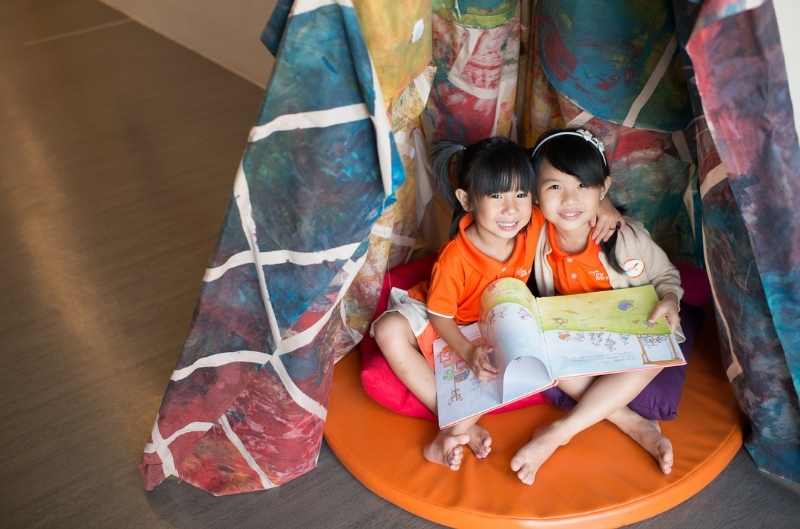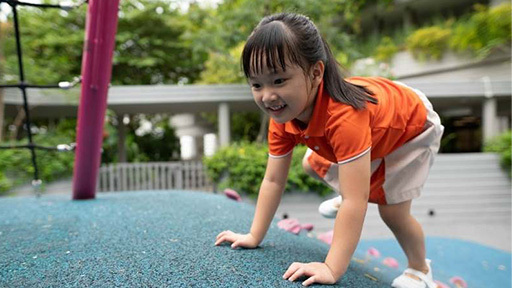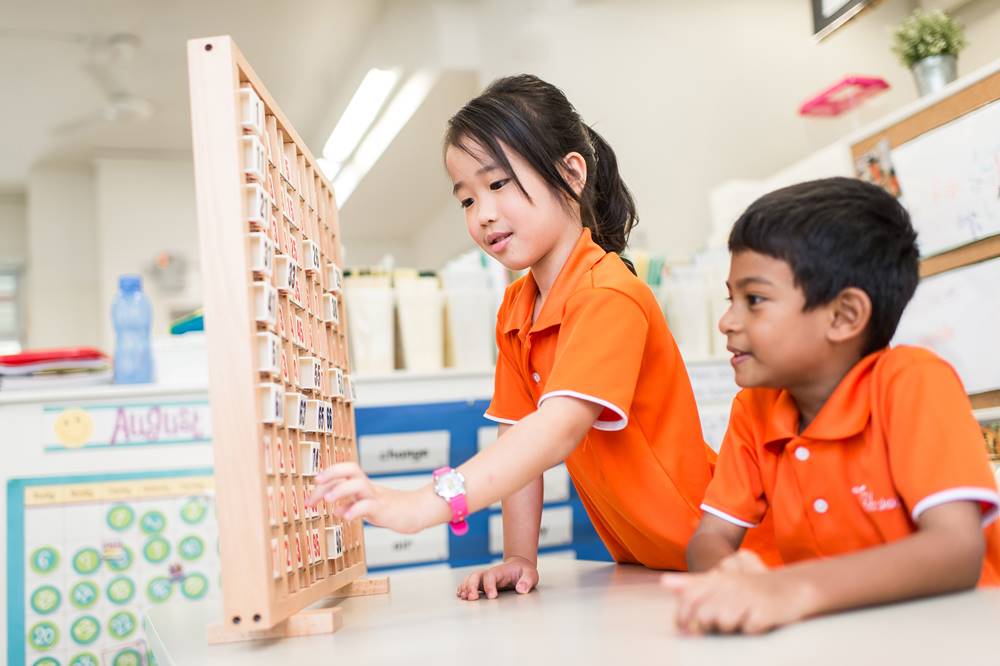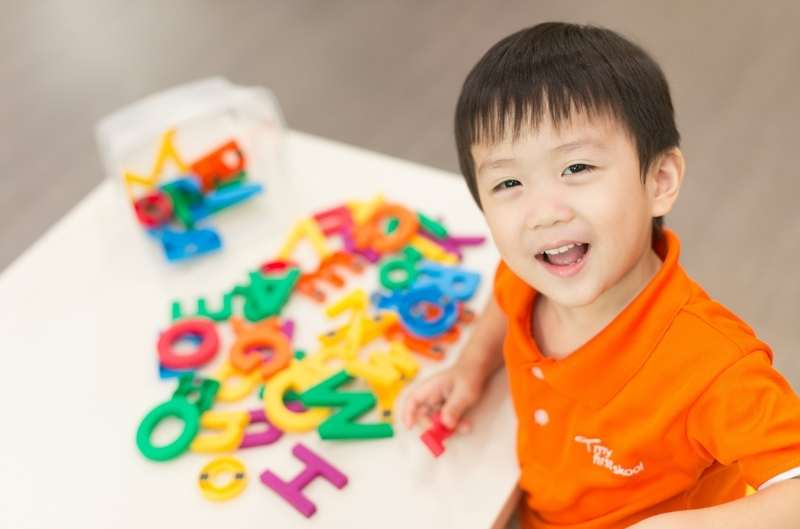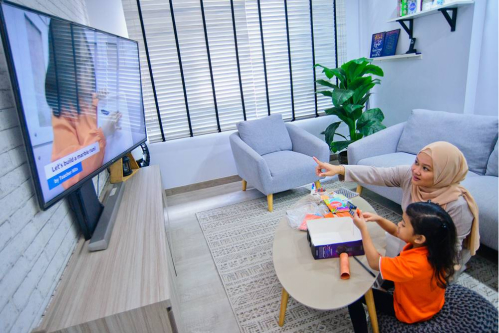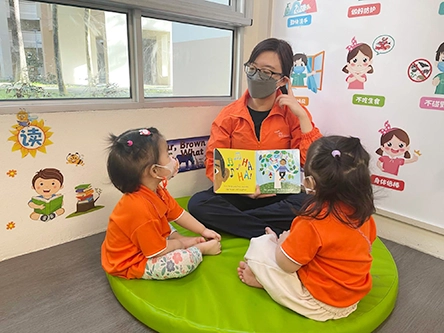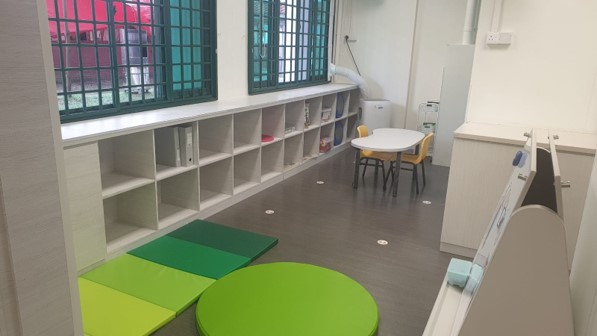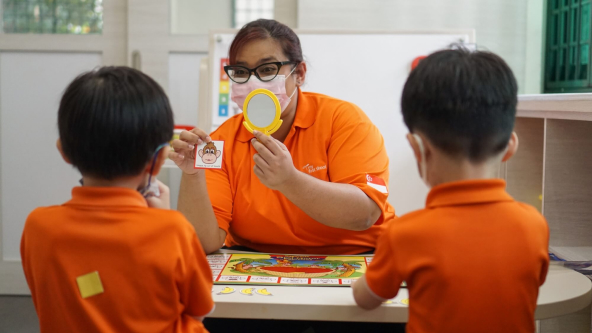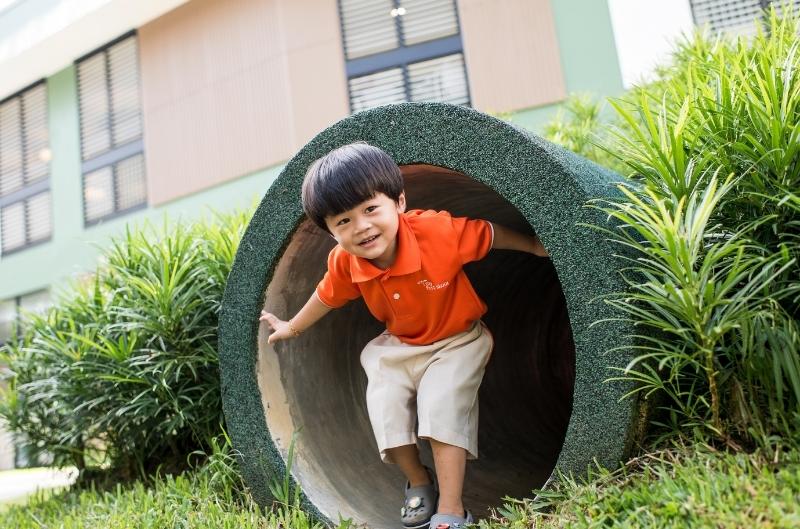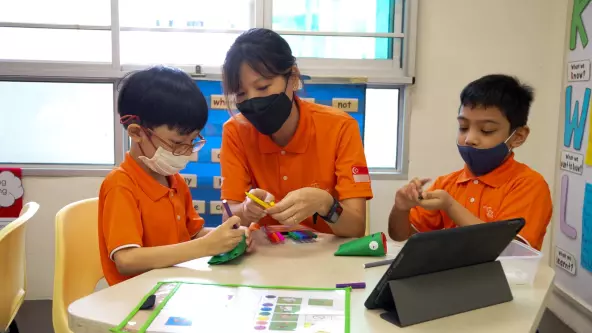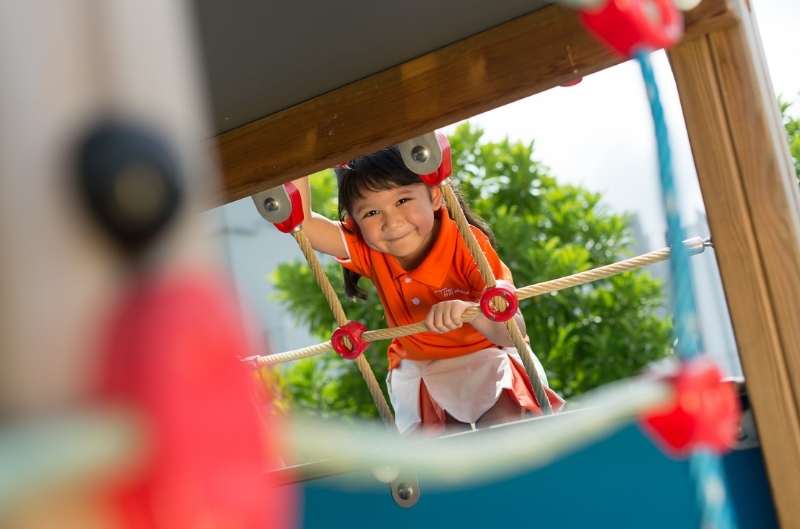How can we help?
Nurture Your Child’s Love for Chinese During this “Circuit Breaker”
Mother Tongue Learning
As Singapore’s “circuit breaker” takes effect, your child will be home for at least a month. This presents a perfect opportunity for you to nurture your child’s love for Chinese.
How can you do this?
The secret is in creating an environment that nurtures their interest in Chinese language and culture.
In our previous article, we discussed how you could use seasonal events (like Chinese New Year) to get your child interested in Chinese. Today’s tips will focus on creating a home environment that will tickle their interest in the language every day of the year.
Nurturing a Love for Chinese at Home
One of the best ways to get your child interested in Chinese is by immersing them in it. Let’s start with a few fun activities you can try at home.
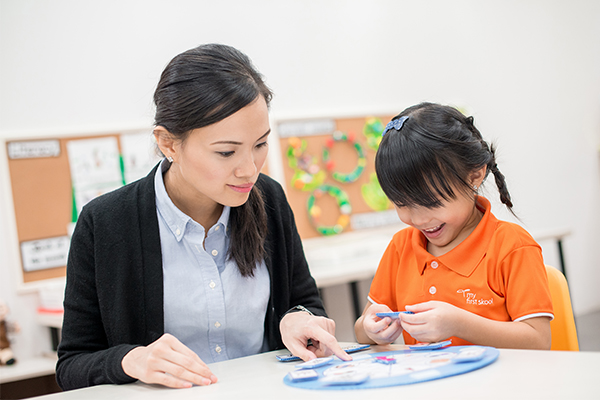
Label household items
Decorate your home by sticking colourful cards on common household items, like your fan, fridge, washing machine and TV. Write the item’s name in Chinese on the card, and as a bonus (or to make the game a little easier), you could also write the words in hanyu pinyin.
Every now and then, challenge your child by asking, “What’s the table called in Chinese?” If your child answers correctly, reward them instantly with their favourite treat or an extra 15 minutes of playtime. Or stack the rewards and bring them on an outing to their favourite place once they hit a certain number of points.
Further engage your child by involving them in the rule-setting process. Offer them choices of how they would like to play the games, and what rewards they can look forward to. Just be sure to keep the rewards fun and easily achievable, so your child will be motivated to keep playing, succeeding and learning.
Chinese entertainment
On selected evenings, enjoy watching some light-hearted Chinese entertainment programmes with your child. And when the family is listening to music, play kid-friendly Chinese tunes in-between rounds of “Baby Shark” and “Into the Unknown”.
When some of your child’s favourite programmes and songs are in Chinese, it’ll be much easier to persuade them to learn words they don’t yet understand – especially if they want to sing a song they really enjoy.
Nurturing a Love for Chinese in School
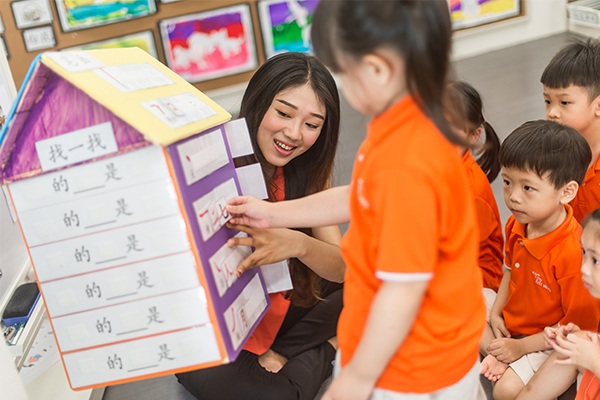
To continue building your child’s interest in Chinese, enrol them in a preschool that features an immersive, bilingual curriculum.
At My First Skool, we believe that the best (and fastest) way to learn Chinese is to be immersed in it. For our pre-schoolers, this means having all five senses engaged in enjoyable, interactive activities that make Chinese a fun activity that children can share with friends. (Because everything’s better when done as a group!)
Our Skool-aCe© curriculum is a Chinese programme that helps children to systematically learn, appreciate, and excel in the language. Importantly, My First Skool teachers are skilled early childhood educators who use Mandarin as a teaching medium to build conversation skills, word recognition and reading abilities in children aged 18 months to 6 years.
Here’s a sample of some of the activities our pre-schoolers love doing at school:
Nursery rhymes (儿歌)
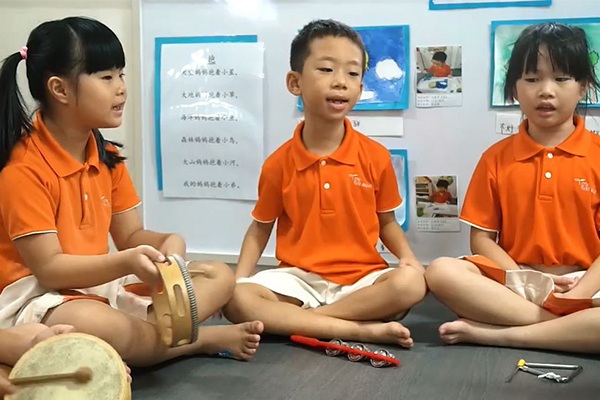
Discover tips on how you use catchy nursery rhymes (儿歌) to enthral children to learn Mandarin in a fun and interesting way with My First Skool!
Benefits: Improves pronnouciation, expands vocabularly, and teaches language cadence.
Finger songs (手指谣)

Follow the finger movements and recite along to these videos with your child today!
Benefits: Builds linguistic, listening and motor skills as children recite words, while coordinating certain words with specific hand movements.
Stories and dance (故事舞台)
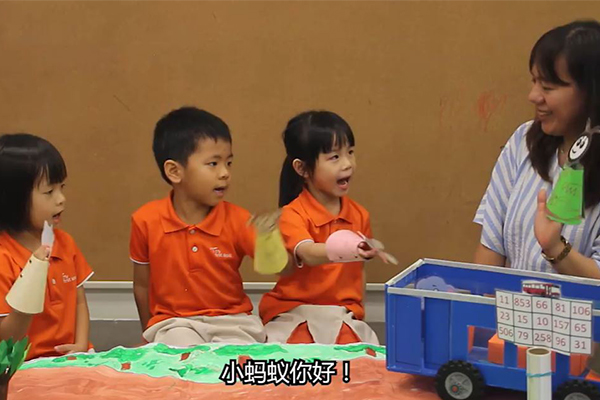
Watch these videos to pick up tips on how you can use stage play-based approach (故事舞台) to cultivate children’s interest in learning Chinese.
Benefits: Enhances speaking abilities, memory, body coordination and confidence in Mandarin.
Watch: 《小蚂蚁上巴士》
Watch:《小蝌蚪找妈妈》
Reading (早期阅读)
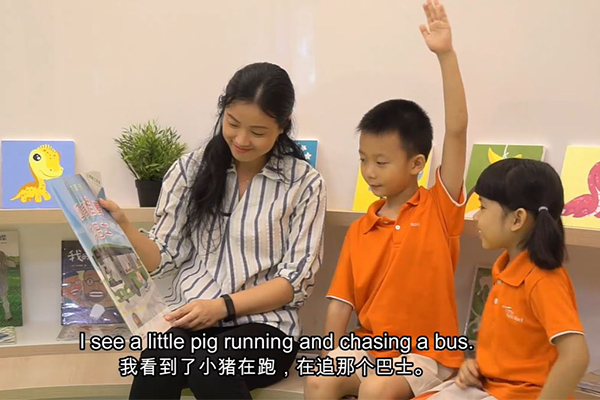
Here’s some tips and tricks for you to engage your little one(s) and build their observation and conversational skills.
Benefits: Lays a strong foundation in Chinese by developing a love for reading.
Set Your Child Up for Success with Nurturing Environments

Your child’s environments – both at home and in school – are essential in developing their interest in the language. The more speaking and playing in Chinese become normal, everyday activities, the more comfortable your child will be at using the language in everyday speech.
Also, as your child’s social group will generally affects their willingness to learn a language, it’s important to make sure they’re surrounded by friends (and teachers) who speak Chinese on a regular basis.
By making Chinese an “everyday activity” that also includes perks like enjoying their favourite songs and TV shows, as well as interacting with friends, you can raise a child who will be eager to learn Chinese – and love doing so!









